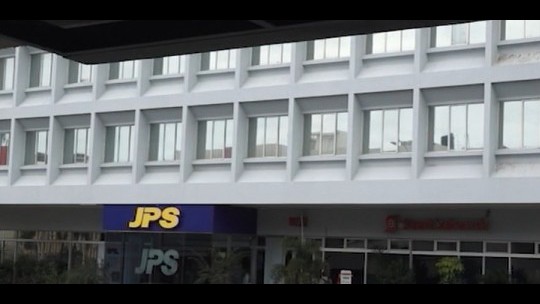.png)
00:00
00:00
00:00
Winsome Callum, Director of Corporate Communications at the JPS
The Jamaica Public Service Company (JPS) has disclosed that it had requested a two per cent increase in electricity bills as a result of several external factors, including the high cost of production.
The Office of Utilities Regulation (OUR) on Tuesday announced that it has approved a rate review, which will result in a 0.7 per cent increase for residential customers.
Commercial customers will pay between 0.4 per cent to 1.2 per cent more.
Winsome Callum, Corporate Communications Director at JPS, said the average increase for residential customers will be fairly minimal.
For instance, a customer who uses about 200 kilowatt hours per month and usually pays about $14,000, will see an increase of "just under $100" on their bill.
Still, Ms Callum acknowledged the reservations of customers, saying although "the amount might sound small", she understood the concerns because "nobody likes an increase".
Ms Callum, who was speaking Wednesday on the Morning Agenda on Power 106, sought to explain the rationale for seeking a rate hike in the face of high inflation affecting consumers.
Among the reasons, she noted that it is expensive for JPS to keep itself going 24 hours a day to provide uninterrupted power supply to the country.
The OUR said the 2022 JPS Annual Review is in keeping with the provisions of the Electricity Licence, 2016, which allows for the realignment of the company's revenue targets each year against inflation and exchange rate movements.
Problem with renewable energy
In the meantime, Ms Callum said renewables as a primary source of energy would be problematic.
The suggestion for renewables to be used in that way had come from financial analyst Dennis Chung.
However, Ms Callum argued that additional sources of energy would still be needed since renewables do not provide firm capacity, meaning they are not always available.
She gave the example of the solar farm in Clarendon, which she said is not currently providing the JPS with electricity because of cloud cover and rain being experienced at this time.
"So, we still have to have firm capacity power plants in place to provide back-up power when the renewables go off grid," she insisted.









 All feeds
All feeds







